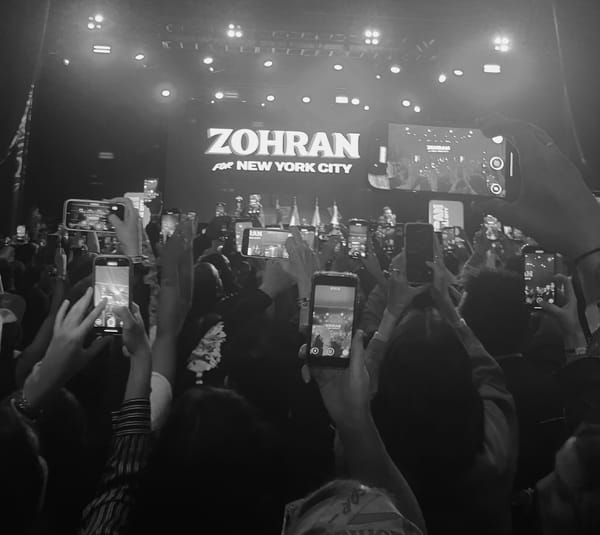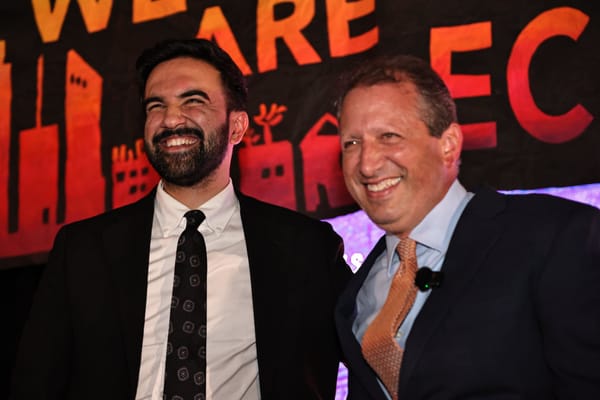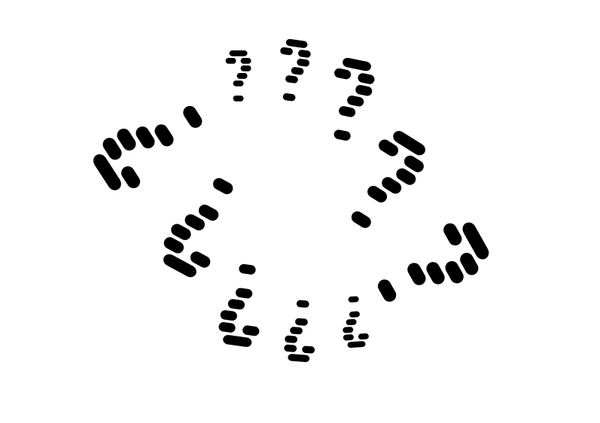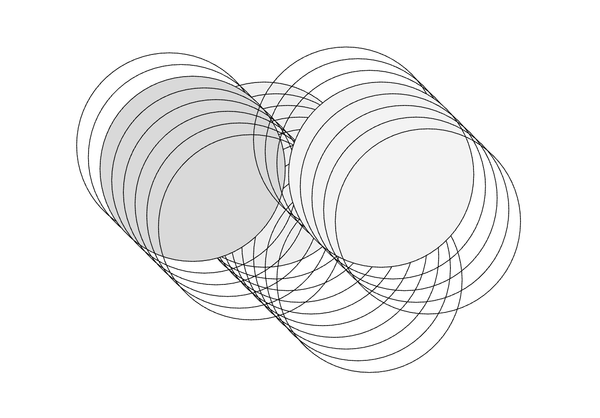The Shame of Necessary Violence
A year, a century, of justifications
Who needs to die?
Immediately following October 7th, there was a spasm of celebration from certain parts of the left for the arrival of anti-colonial uprising. In the days and weeks after the extent of the attack became clear — that it wasn’t just a shocking strike against the forces of the oppressor — some backtracked from that stance. But the reputational damage against the left, perhaps inevitable regardless of the stance, had been done.
I don’t intend here to relitigate that moment here, but to offer a new analysis of the persistence of that endorsement of violence in the left, and particularly among some Jews on the left, in the past year.
This position — in speeches at protests, on panels, and in sermons at holidays as Israel has expanded its assault on Gaza, the West Bank, and now Lebanon – is that the deaths of Israeli civilians last October is justified, that killings on trains are the cost of occupation, that the future of Jewish Israelis once Palestine is free is unimportant. When these things have been said over the past year in our left spaces, they have often been met with applause or silence, rather than rebuke.
Like last October, I am sympathetic to the idea that it may be bad form to criticize the left when the true bad guys are the right wing genocidaires. But I don’t think agreeing others are the worst ones precludes self-critique. I’m open to the argument that it isn’t strategic to air the left’s dirt laundry to our adversaries and the public. But I think they already see it, and I’d like less of it for them to see. I also agree to the point that this perspective is not dominant among the left or the Jewish left – but it is loud and in, that way, it can become representative. And because it can become representative, whether it’s dominant or not, it’s worth taking seriously.
Rather than a rooted commitment to armed struggle, I see in this expression a profound contortion of shame. While the embrace of revolutionary violence can sometimes be framed analytically as a sorry but strategic necessity, the nature of this position online and offline by many white & Jewish leftists has felt far more emotional— and that emotion has been closer to glee than reluctance. I see in this perspective the zeal of the convert that I’ve also seen in awakenings to police brutality: I’ve rarely encountered louder performances calling to “kill the pigs” than from upper middle class white people who have never been policed. In either case, coming from generations of support for an oppressive system, raised unaware of or advancing that system’s agenda, the revelation of the extreme brutality done in one’s name can produce the craving for extreme retribution, a grasping for some kind of expiation to oneself, and, communally, a proof of valor. Dead Israelis now is the cost of all the dead Palestinians we didn’t notice before.
This is not my politics.
But it is familiar to me, because I see in it the reflection of the (Jewish communal) politics that helped produce it. Some of my peers have been twisted by shame into the same callousness towards human life that our older generations were brought to by fear. Necessary death is the same logic behind occupation, the same logic as the Nakba, the same logic as the destruction of Gaza. It is a calculation about who can be sacrificed in order to secure some idea of freedom.
Although it is portrayed as radical, I believe this politics is fundamentally conservative. The expendability of the masses is precisely what the elite need their people to believe in order to make their wars happen. This is the paradigm behind the status quo not just in the region, but on our earth – that killing the right people will make things right. My opinion is that it hasn’t and that it won’t.
The most radical position is unfortunately the rarest, but fortunately has the least distance from our morality in other settings. Not that people deserve to die because of who they are, but that all people deserve to live despite who they are. To say that of the Gazan child and Jewish Israeli child is an easier part; to extend that to a Hamas fighter and Israeli soldier is harder, but just as essential. That is the politics espoused almost side-by-side with the other one just two weeks ago when the state of Missouri executed Marcellus Williams; it’s a politics that is being painstakingly grown by some Jewish groups like IfNotNow.
After a year, I don’t continue this argument because I worry about dangerous radicalization. Rather, I bet that the support for violence on the American left is hollow just as it is rare — more often based on tokenization of particular perspectives than on embodied relationship — and that precisely because of that, it can be pushed out. Internally, I hope we will push it out so that our movements can grow without the unnecessary alienation of the majority of people who want the killing to stop. Externally, I hope in doing so, we can better challenge for the power we need to actually make that change happen.
PS: To see a model of what this kind of politics can look like — through extreme pain, despite abuse by fascists and persecution by the Israeli government — check out the work and words of Standing Together / Omdim Beyachad.



